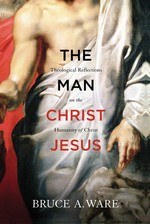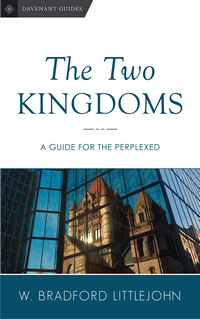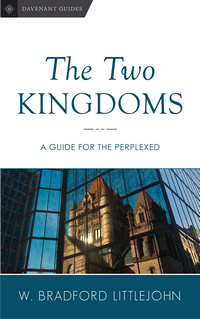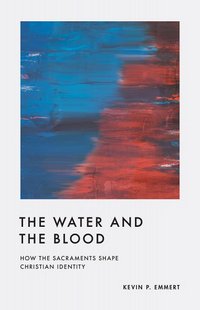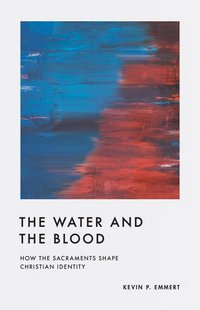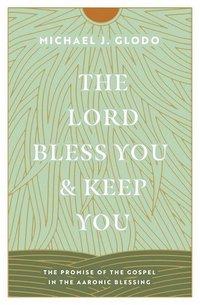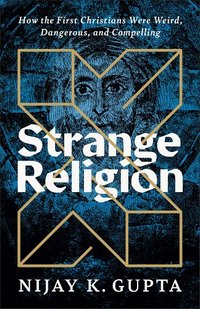 Strange Religion:
Strange Religion:
How the First Christians Were Weird, Dangerous, and Compelling
DETAILS: Publisher: Brazos Press Publication Date: February 27, 2024 Format: Paperback Length: 216 pg. Read Date: May 12-19, 2024

I set out to spend a few years studying ancient religions in general and Roman religion in particular, and I came to a clear conclusion: by and large, early Christians were weird and were dangerous to many, and yet clearly some found this religion attractive and compelling.
This book is not a handbook for how to be Christian today or how to create a “weird” church. Largely, I see the work I have done as descriptive—these are the first Christians, warts and all. They were not bucking conventions and pop religion to be special or different. In their best and most genuine moments, they were simply following Jesus, like mice blindly chasing after the pied piper. As they did so, they deviated from the norm of religion, and, whether they were intend. ing to or not, they stood out in society. This deviation from the norm is one way of defining what it means to be “weird. Another way is simply to say that “weird” things belong in another category. l am hoping that an extended investigation of the belies, practices, and ethos of the early Christians will clarify their origins and foundations, and provide insight into authentic Christianity today.
What’s Strange Religion About?
Gupta’s observation/conclusion is that early Christians were strange or weird when compared to others in their culture—thanks to their beliefs, ways of acting, and ways they wouldn’t act (for starters). They didn’t set out to be strange, to rebel against the culture, or anything like that. Actually, their goals involved being good citizens and living quiet lives—but their religious convictions set them outside the norm, and they stayed there for a good long time.
While Gupta doesn’t shy away from the occasional application to the contemporary Western (particularly American) Church, by and large, this is a descriptive book. He just talks about Roman culture in certain areas and then talks about how Christians were oddballs in the midst of all that. As he says above—this isn’t an attempt to make Christianity weird again, or anything like that—just to remind us how out of touch with the culture we were at one point.
Some of the areas he covers are: how the Romans of the first couple of centuries saw Christianity as a superstition; some early Christian beliefs—like believing they were possessed by God’s Spirit, their reckoning of the meaning of Time, and wanting to be associated with a horrible criminal in the first place (only the worst of the worst were crucified, who’d want to be associated with someone like that?); worship practices; family practices; and the way they treated others.
Belief
Romans sometimes argued about the gods—not over personal “beliefs” but over what they thought was true of the gods, But the Christians took their views to a whole other level, “believing” things that seemed absurd, disturbing, and even impossible. This may be one reason that Christians originally referred to themselves as “believers.” Today, we take for granted that religion is all about “faith” and “belief.” We have “faith” statements, “faith” traditions, and “interfaith” dialogue. But in the ancient world, there wasn’t this natural association between religion and faith language.
This is one of the biggest differences—one that shapes a lot of the rest. The book as a whole comes from Gupta’s students asking, why early Christians called themselves “believers,” what did the other followers of other religions call themselves? And well, one of Gupta’s findings was that Christians were more than a little strange by focusing on faith and belief. It was just foreign to the status quo.
The priests of public Roman religion were not chosen for their piety. They were expected to be experts in performing rituals. In fact, they had to be masters of religious arts so as to maintain the pax deorum*. It was a bit like being a professional bomb-disposal expert. It really doesn’t matter what you believe about government, law enforcement, or justice as long as you are good at defusing bombs. French historian and archaeologist Robert Turcan refers to Roman ritual worship as “Taylorism”—a form of scientific management. Frederick Winslow Taylor (1856-1915) developed a theory of management that was meant to produce efficient and effective workflow. Taylor offered a kind of mathematical formula to get the most out of human and industrial resources. Turcan argues that this was the mentality of the Romans—efficient and “successful” ritual performance to keep the gods content and happy. Roman priests and other cultic personnel had to provide meticulous observance of time-honored rituals.
He goes further:
There was a pervasive Roman understanding that persona beliefs, best intentions, and heartfelt emotion did not enhance religion. What mattered was what the gods actually called for—sacrifice and compliance. The early Christians had ther own practices and rituals, of course…But one thing we learn when we read the New Testament is that these Jesus people were absolutely obsessed with belief.
Now, Gupta spends twenty pages making that case, I just gave a brief overview—but even here, you can get an idea of how he goes about talking about each topic addressed.
* “Keeping Peace with the Gods.” Gupta describes the function of the sacrifices and rituals as maintaining this peace. It’s most of the content of the first chapter, and the basis for most of the rest of the book.
Pobody’s Nerfect
The last chapter* is entitled “The Christians Were Not Perfect”—some of this covers similar ideas as Nadya Williams’ book, Cultural Christians in the Early Church, but not all of it.
I really appreciated this chapter for a couple of reasons: 1. It’d be easy to take Gupta’s material and walk away with the idea that the early Christians had it all together (something that Williams and Gupta really wanted to counter), and 2. Gupta hits on some things that a lot of people don’t cover along these lines.
That said, it’s not a perfect chapter—and maybe it’s the most obviously imperfect chapter—I’m not sure I’m willing to buy into all of his examples from the Scriptures showing those imperfections (actually, there are some I’m sure I don’t buy).
But the chapter as a whole is a nice, refreshing reminder about the feet of clay that even the best of us possess.
* There is a conclusion following it, but it’s not long enough (or something) to be considered a chapter—at least not a numbered one. I wanted to stress that because I’ve complained recently about too many books not having a conclusion.
So, what did I think about Strange Religion?
One thing I haven’t talked about yet is that one of the things that Gupta focuses on is that despite—or maybe because of—the strangeness of Christianity to the Romans of the first and second centuries is that it was attractive to them. The “freaks” kept drawing more and more people to them, converting them to the weirdness. Again—not because they were strange, but because following Jesus Christ made them that way.
As a reader, not only did I appreciate the material, but the way that Gupta presented it. He built his arguments carefully and clearly (and one assumes accurately). Throughout all of this Gupta’s sense of humor shines through—keeping the text engaging as it educates. I’m always going to say good things about a book that does that (as long as the humor doesn’t detract from the serious material), and Gupta got this part right.
This is really one of the better books that I’ve read this year. From the thesis to the conclusion, and most points in between, Gupta painted a much-needed picture of early Christianity and Christians and how they related to the culture around them. It’s encouraging to remember that’s the natural state of the Church and one that we shouldn’t find ourselves overly-worried to be in again. I encourage Christians and those curious about our early history to give it a read.
I know that my wife has another book by Gupta on her shelves, I’m probably going to have to borrow it soon.

This post contains an affiliate link. If you purchase from it, I will get a small commission at no additional cost to you. As always, the opinions expressed are my own.
![]()



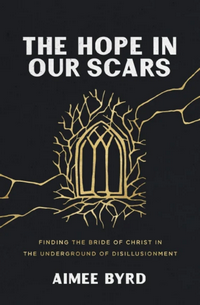

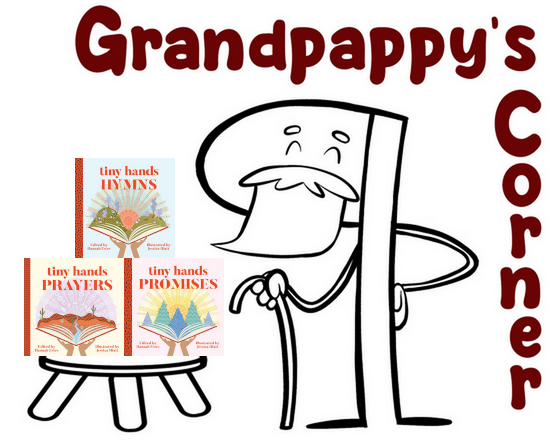
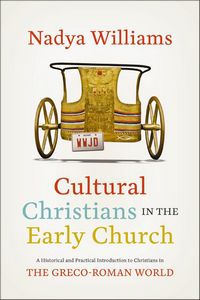
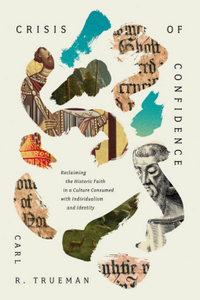



 Thanks to Daylight Saving kicking in this morning, I didn’t have enough time last night to finish a post. So, let’s jump back 10 years ago to see what I was talking about…
Thanks to Daylight Saving kicking in this morning, I didn’t have enough time last night to finish a post. So, let’s jump back 10 years ago to see what I was talking about…